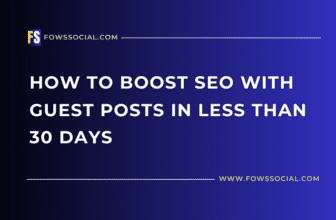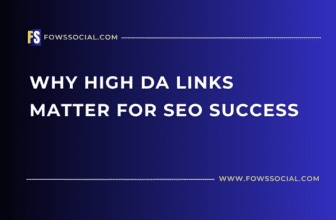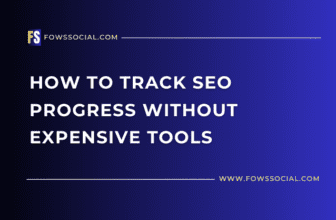Why Internal Linking Is Key to SEO Success in 2025
Internal linking is a crucial strategy in the ever-changing world of SEO. It involves linking from one page on a website to another page on the same website, and can greatly impact a website’s search engine rankings and visibility in search results.
Heading into 2025, the significance of internal linking in SEO is crucial. This piece will delve into why internal linking is a cornerstone of SEO success moving forward, and offer guidance on seamlessly integrating internal linking into your SEO approach.
1. Website Navigation is Enhanced through Internal Linking
Internal linking is crucial for SEO success because it enhances website navigation. When search engines crawl a site, they rely on links to move from one page to another and locate content to index. By incorporating internal links throughout a website, it simplifies the navigation process for search engines and enhances their understanding of the site’s structure.
In addition, internal linking can enhance the user experience by directing visitors to related content. When users can smoothly move between pages within your website, they are more likely to interact with your content and remain on your site for longer periods of time. This can result in decreased bounce rates and increased user engagement, which are both crucial factors for search engine rankings.
2. Internal linking assists in spreading page authority evenly.
Internal linking also helps to distribute page authority across your website, which can positively impact the ranking power of individual pages. By linking from high-authority to lower-authority pages within your site, you can increase their chances of ranking higher in search results.
Effective internal linking can increase the visibility of key pages on your website and enhance search engine rankings when implemented strategically. By establishing a web of internal links that connect relevant content, you are signaling to search engines the importance and relevance of certain pages to your target keywords.
Internal linking helps establish contextual relevance within a website.
Internal linking not only enhances website navigation and distributes page authority but also aids in establishing contextual relevance for your content. This concept pertains to how various pieces of content on your website are interconnected and how they complement each other.
When you create links between pages, you are indicating to search engines that the pages are connected and relevant. This can enhance search engine understanding of your website’s topic and increase the chances of your content ranking for related keywords.
4. Internal linking promotes crawling and indexing of content.
Internal linking is crucial for search engine crawling and indexing as it prompts bots to follow links and index new content. By strategically placing internal links throughout your website, you can guarantee that all pages are indexed by search engines.
Internal linking can also assist in determining which pages on your website are crawled and indexed regularly. By linking from pages with high authority to new or updated content, you can indicate to search engines that these pages are significant and should be crawled and indexed promptly.
5. Using internal links can boost your keyword rankings
Internal linking can also boost keyword rankings on your website. By strategically linking to pages with anchor text containing target keywords, you are indicating to search engines that those pages are related to the keywords.
Using internal links on your website with relevant anchor text can enhance the visibility of your content for specific keywords and improve your search engine rankings. Internal linking also helps to create a more organized structure for your site, which can enhance your overall SEO strategy.
Internal linking is essential for SEO success not only in 2025 but also in the future. Enhancing website navigation, distributing page authority, establishing contextual relevance, prompting crawling and indexing, and improving keyword rankings are just a few ways internal linking can contribute to boosting your website’s visibility and ranking in search results. By integrating internal linking into your SEO strategy and adhering to best practices, you can position your website for success in the highly competitive realm of search engine optimization.








